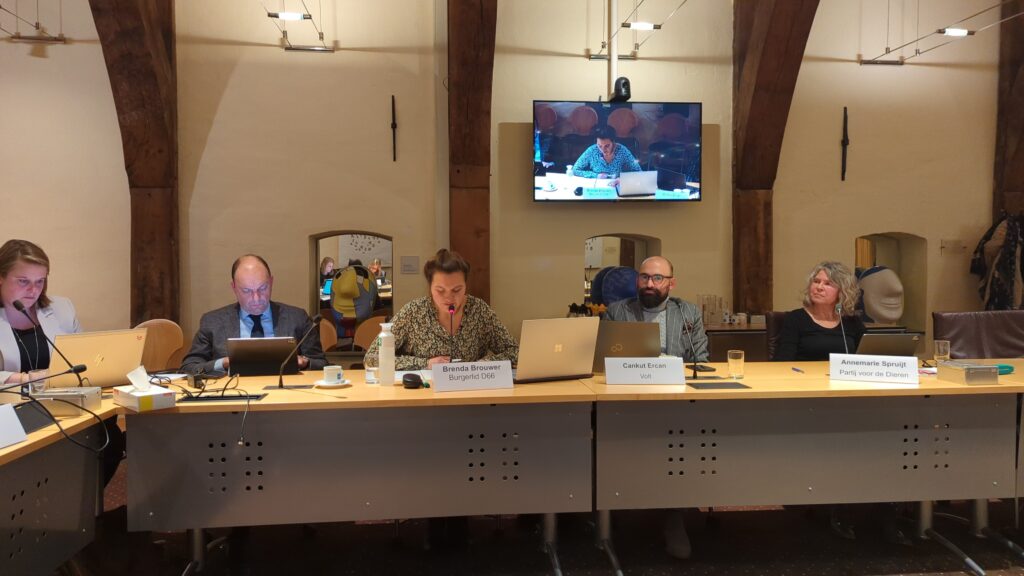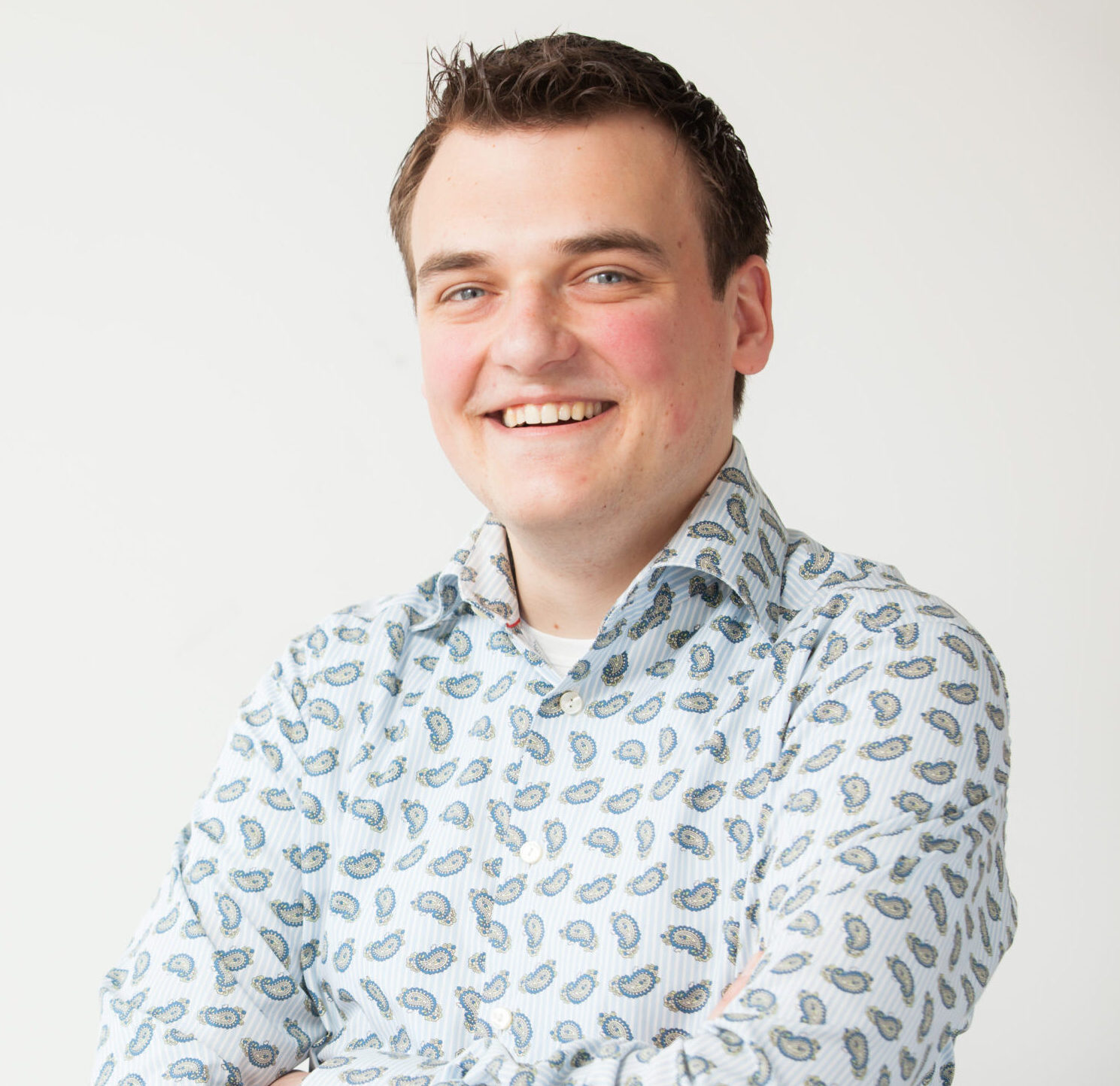
For this debate I had to replace my colleague Marloes because the proposal at hand was initiated by the city council (specifically GroenLinks and D66) and Marloes had to take on the role of the proposer, answering questions of the city council. Initiating something in this way is possible under Article 147a of the Gemeentewet and Article 47 of the Reglement van orde van het Raadsplein 2018. This proposal was originally drafted by Simone Boshove (GroenLinks) and Sonja Paauw (D66).
The debate itself was about about development of the proposal and determining if the working group is heading in the right direction. The working group wanted each party to address these questions:
- Do you agree with the working group’s proposed method of determining the topic of the citizen’s council?
- What option would you like to include about the mandate and follow-up of the citizen’s council in the final plan of action?
- Do you agree with the working group’s proposed format for the citizen’s council?
- Do you agree with the draw process of participants proposed by the working group?
- Do you agree with the working group’s proposed facilities for participants?
- What fee per participant per session do you find desirable?
- Do you agree with the working group’s proposed method of organisation?
- What preference do you have regarding participation by councillors in the citizen’s council?
- Do you agree with the planning and budgetary set-up of the citizen’s council?
Below you can read our statement or watch the debate (in Dutch). Unfortunately the audio is missing for the first part of the debate (including my contribution).
Statement:
First, I would like to thank working group and of course our predecessors Simone Boshove and Sonja Paauw for initiating and developing this proposal. Resident involvement in local democracy and decision-making is particularly important to GroenLinks. Especially at a time when more residents are losing confidence in the government. Actively involving residents in decision-making on difficult issues and actually giving them the chance to contribute is the remedy against this widening gap between residents and government. We have a clear document, with a number of concrete questions before us, and a first pilot that allows our residents to participate in our local democracy. I will now address the various questions posed in the document.
First, the planning. Nice to see that we can soon start with the first citizens’ council in Zwolle. But surely that won’t be the only citizens’ council? We would like to see a structural follow-up to this pilot, or at least multiple experiments before any conclusions are drawn. GroenLinks along with D66 is considering a motion to call on the working group to adapt this. I am curious how other spokespeople stand on this?
Secondly, the topics. GroenLinks thinks the list of topics supplied are all suitable in themselves, with the note that we would not consider fireworks suitable for the first citizens’ council. We find the subject too polarising and want to gain experience before we would propose this topic. My colleagues also mentioned outdoor lighting or camera surveillance as possible topics. I would also like to mention the option of using the Buurt voor Buurt onderzoek in the future to collect subjects from residents in order to involve them even more.
Thirdly, the mandate and follow-up. If we let our residents invest a lot of time, we should take their good advice extremely seriously. GroenLinks therefore favours options 4 and 5 (preferably 5) possibly depending on the topic. Has the option of making the mandate and succession dependent on the topic been considered by the working group? And if so, what are the thoughts on this?
Fourth, the representativeness of participants and the participation of councillors in the citizens council. GroenLinks agrees with the proposed forms of lottery for participants, but would like to see all those who are actively involved in decision-making on the serving issue excluded from participation. As far as we are concerned, councillors are also not welcome at the citizens’ council, this has reportedly been found intimidating in other cities.
Finally, the facilities and compensation. GroenLinks stands for an accessible citizens’ council in which everyone who is picked by lottery can participate. The proposed measures remove thresholds for many residents; GroenLinks is glad to see that there is an interpreter option for residents who cannot yet speak the language or are deaf. Furthermore, a fee per meeting of at least 50 euros is desirable as far as we are concerned. Many of our residents work during the day and weekdays, which has been taken into account in the planning. But some work at weekends or in the evenings. It might therefore be desirable to make a letter available to all participants in which the mayor calls on their employer to give them the opportunity to participate in this important process. This will also give these residents the opportunity to participate in this and may foster understanding among employers, partners and organizations where people are active, including those residents who work during the day.
In conclusion, GroenLinks is proud that this proposal was allowed to come out of the council and we are about to start this.
